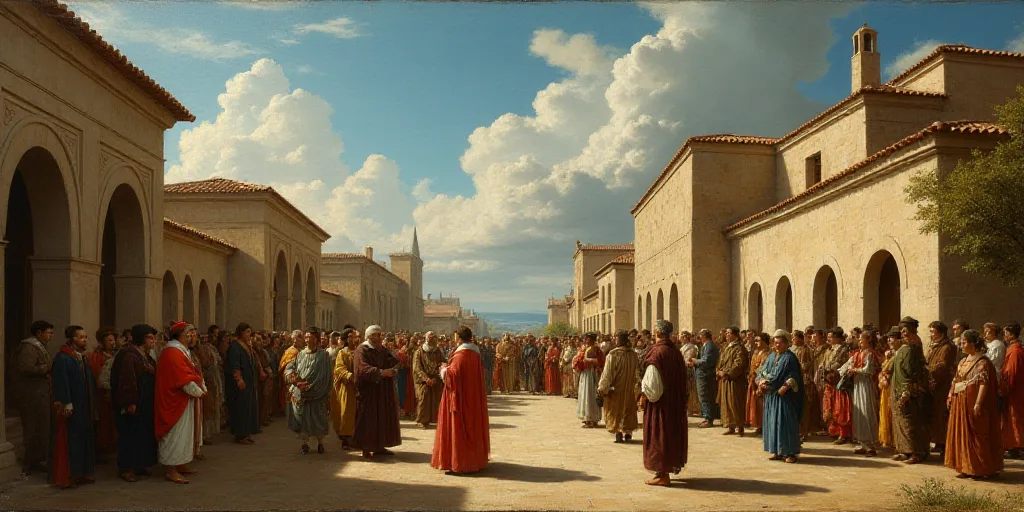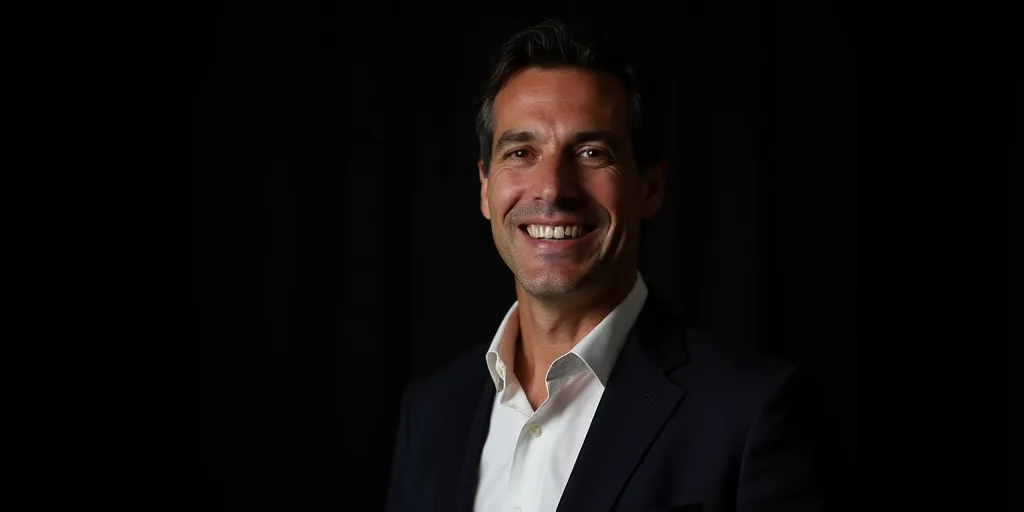During a meeting with the UN Committee on the Protection of All Workers Migrants and Their Families, Mexico’s Federal Judiciary acknowledged delays in judicializing crimes against migrants. However, it assured that structural changes are being implemented to enhance justice delivery with a human rights focus.
Key Findings:
- Total Sentences (2019-2025): 53, including 43 convictions.
- Forced Disappearance Cases (2018-2023): Only 15 convictions out of over 70 prosecution requests.
- Trafficking Cases: 485 federal sentences in the last decade, though many migrant victims were not recognized, skewing statistics.
Since 2021, the CJF has embarked on an institutional transformation project based on international standards. This includes a public policy targeting seven priority groups (including migrants) and systematizing international recommendations as conduct guidelines for the judiciary.
Incident at Migratory Station:
- Fire in Ciudad Juárez: 5 active criminal cases, all suspended due to victims’ appeal for extended investigation time.
- Victim Recognition: CEAV acknowledged 115 victims (69 direct and 46 indirect) and provided support worth 112 million pesos to 281 indirect victims.
Fátima Ríos González, head of Human Mobility at the Government Secretariat, reported post-fire improvements in infrastructure, protocols, and staff training.
- Station Closures: 33 stations suspended following CNDH evaluation.
- New Centers: Construction of new Integrators and Migrant Assistance Centers.
- Training: Thousands of officials trained in emergency response and human rights.
Ríos highlighted 106 accommodation spaces for over 9,300 people and strengthened social assistance networks for unaccompanied minors.
Maximum Stay at Migratory Stations:
- New Guideline (Supreme Court): Maximum 36-hour stay limit, aligning with procedural timelines.
- Future Centers: Multiservice Inclusion and Development Centers will complement, not replace, current stations, catering to migrants needing international protection and state services in mobility regions, especially southern Mexico.
Jennifer Catherine Feller Enríquez, Director of Human Rights and Democracy at the Foreign Relations Secretariat, presented progress on safeguarding women’s and migrant rights:
- Healthcare Access: Free medical care for all, including trafficking survivors.
- Employment Initiatives: “México te emplea” microsite and UN Refugee Agency collaboration, securing over 50,000 formal jobs for refugees. Challenges persist in banking sector discrimination.



